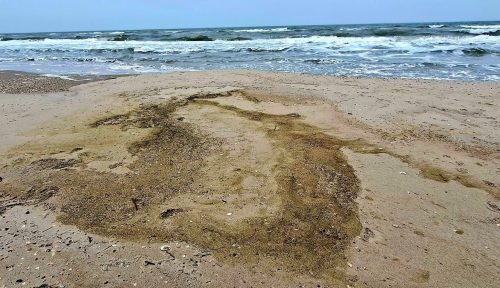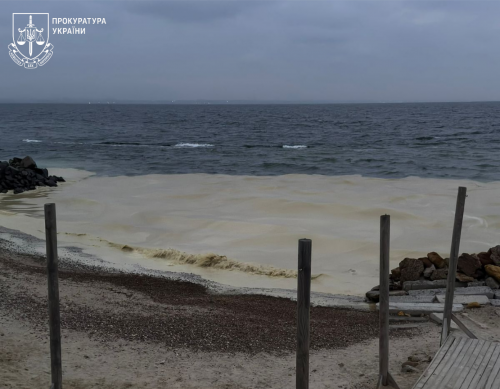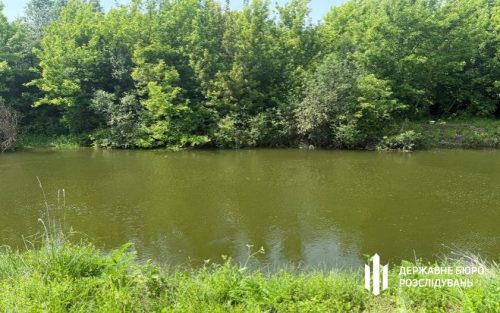Europe's first zero-emissions biorefinery has opened in Istanbul, Turkey, turning algae into energy and useful products, including fuel, food additives and fertilizers.
The project budget is €6 million, 85% of which will be provided by the EU, and the remaining 15% by the Ministry of Industry and Technology of Turkey, reports Euronews.
Both micro- and macroalgae are used at the enterprise.
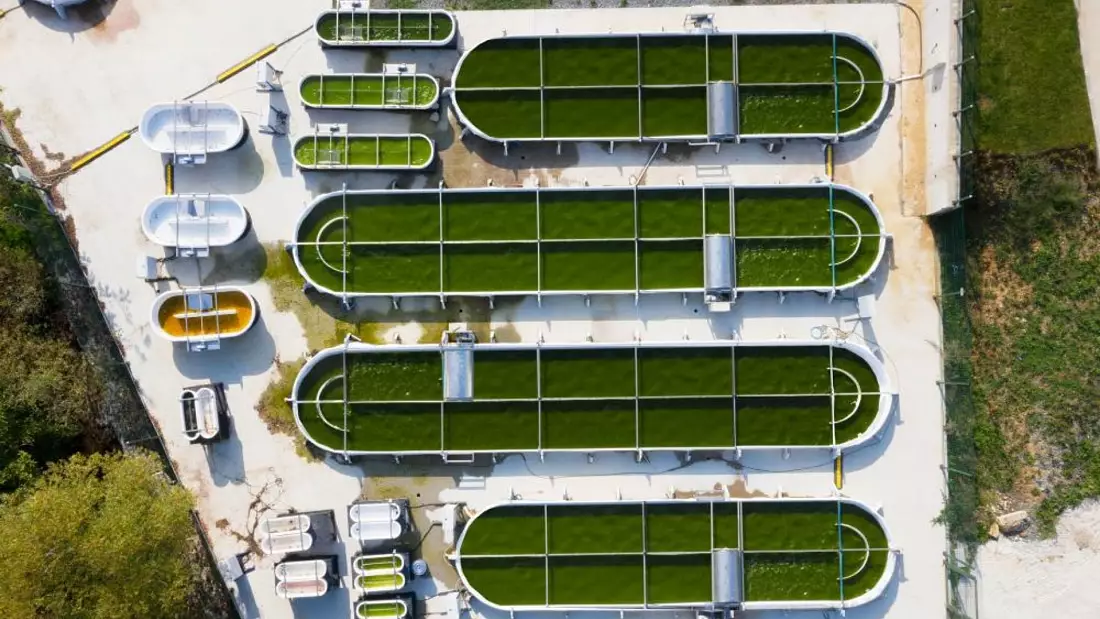
The facility is part of a project that strives to use "bioeconomy" to drive development, according to Berat Zeki Haznedaroglu, an assistant professor at Bogazici University.
The biorefinery processes algae biomass to develop different products and technologies for six different sectors.
The refinery is part of Turkey's 'Integrated Biorefinery Concept for Bioeconomy Driven Development', or INDEPENDENT project which aims to provide fuel for the energy sector as an alternative to dependency on fossil-based and non-renewable resources among others.
It is also planning to make food supplements, pharmaceutical components, organic fertilisers and biofuel using algae being cultivated in production reactors.
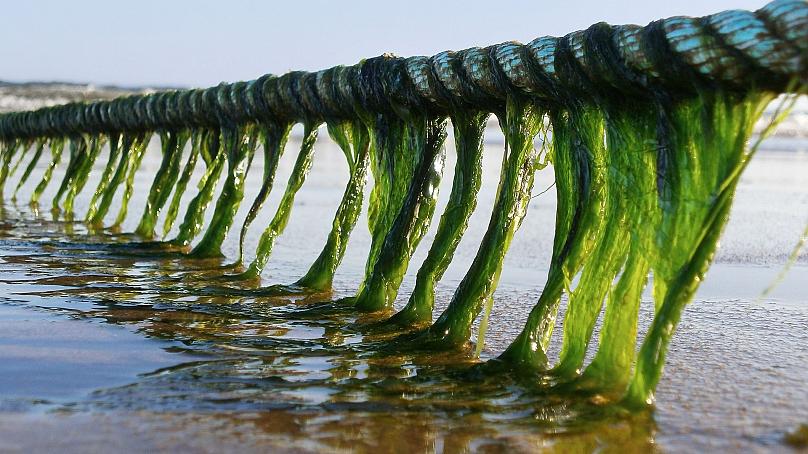
The facility is located inside the campus of Bogazici University adjacent to the Black Sea where all the algae production takes place.
The 2,500-square metre facility will be able to process approximately 1,200 tons of wet algae mass per year.
The biorefinery is currently at the prototyping scale of producing bio-jet fuel which can be blended at 1 to 10 per cent with standard jet fuel. At the end of 2022, they hope to carry out a domestic flight with Turkish Airlines and to reduce carbon dioxide and other greenhouse gas emissions.
Earlier, EcoPolitic wrote, that London-based startup Brilliant Planet has developed carbon capture and storage technology with the help of algae, where the price per ton of carbon will be from $50 to $100.
As EcoPolitic previously reported, a student from Mariupol offered to create ecological fertilizers from algae Sea of Azov.


